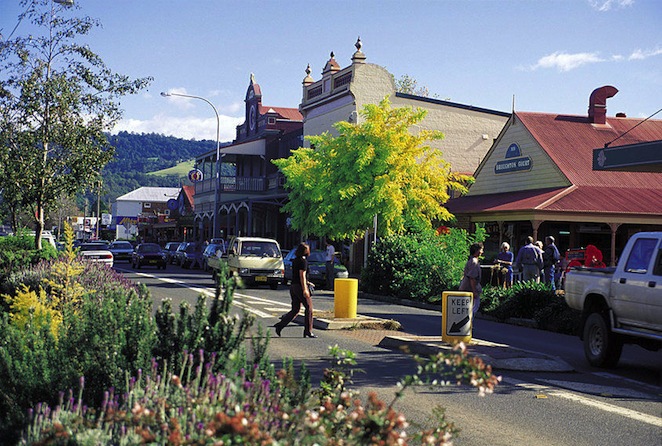France
Find Eduxpress Programmes
Bonjour, mon ami! Welcome to the rich, cultural landscape of France. Find yourself dazzled by the cuisine, the dancing, the art, and the music – all while you learn the French language. Thousands of people take their holiday in France every year to enjoy the wine and the relaxed lifestyle, if only for a short period of time. But, why not extend that holiday, and learn something while you’re at it?
These days, universities and colleges in France are starting to offer plenty of English-taught degree options for Master’s and Bachelor’s students all over the world. From its long history in science, literature, art, and history, France has plenty of exciting options for international students. But French education is also about innovation and you are going to find many English-taught degrees related to Business, Science and Tech as well.
So, when you’re dreaming of walking dreamily around the The River Seine, or making your home in the Château de Versailles, then why not study abroad in France?
If you come from the European Union (EU) or the European Economic Area (EEA), you won't pay more than 800 EUR per academic year; this applies to degrees at all levels (Bachelor's, Master's, PhD).
In some cases, non-EU/EEA students enjoy the same benefits, but in others they do pay higher tuition. Even so, studying in France still remains less expensive than in other countries, such as the USA, the UK, Canada, Australia, etc.
To attract more international students, both public and private universities in France have been increasing the number of English-taught study programmes in their academic offer.
There are over 1,500 courses taught in the English language, and the number is growing every year.
Although English remains the primary international language in many sectors, you shouldn't overlook French. It is the third most common business language and the official language in over 30 countries worldwide.
Remember that people who speak at least two foreign languages have better chances to get higher salaries or apply for positions at large multinational corporations and institutions.
French is also famously known as "the language of love" (la langue de l'amour), and we must admit, there's something quite special about the words, the sounds, the accents, and how everything blends together beautifully.
Many French higher education institutions invest a lot of resources in their research facilities and staff. If you see yourself spending long hours in laboratories, conducting experiments, and working on humanity's next breakthrough, France is the place to go.
Over 64 Nobel Laureates and 15 Fields Medals highlight the importance that France places on research and progress.
From human-made wonders to natural beauties, there's so much to see in the Hexagon (popular nickname for France).
You can enjoy the French Riviera, explore the Prehistoric Cave Paintings in Lascaux, take a photo from the top of the Eiffel Tower, and quench your thirst for history at the Louvre Museum — these and many other attractions have transformed France into one of the most popular tourist destinations in the world.
When you study in France, you can find schools, universities, and institutions that are specifically devoted to the subject you’re most interested in. And because France has always been able to produce some of the greatest minds in Business, Economics, Science, and Art, you can be sure that you’ll join the ranks of other experts in your field.
Here are some subjects you might enjoy studying in France:
Everyone knows Paris – the big metropolitan city with the Eiffel Tower. But there are other charming cities all over the country, where international students can have a great time, drink great wine, and meet new people.
All over France, there are plenty of well-established and reputable universities to choose from. Depending on what you study, you may be interested in going to one of the grande écoles or universities designed specifically for your subject.
Here is a list of higher education institutions we recommend:
Each university in France has its own system on their website that allows future students to apply for and enrol in their Bachelor’s or Master’s degree programmes. So, once you select the university of your choice, you can go through their application and submit your materials there.
Here are some documents you might need to include in your university application:
Let's take a closer look at tuition and living expenses in France:
In France, they have both public and private universities and different tuition fees for each. Tuition fees also change based on your nationality, what you choose to study and what your education level will be.
Keep in mind that the tuition fees listed above usually only apply to EU/EEA students. Non-EU/EEA citizens can expect to pay higher tuition.
Grande écoles: 500–10,000 EUR/year regardless of the degree type
Depending on whether you find yourself in a big city or not, the cost of living in France can be quite different. However, compared to the rest of Europe, France can be quite pricey. In general you should prepare about 700–1,200 EUR/month to cover your student living costs. In more expensive cities, like Paris, you'll need around 1,200–1,800 EUR/month.
Here is a breakdown of the costs to expect in France:
These days, universities in France are starting to offer plenty of English-taught degree options for Master’s and Bachelor’s students all over the world. From its long history in science, literature, art, and history, France has plenty of exciting options for international students.
Interesting facts about France


